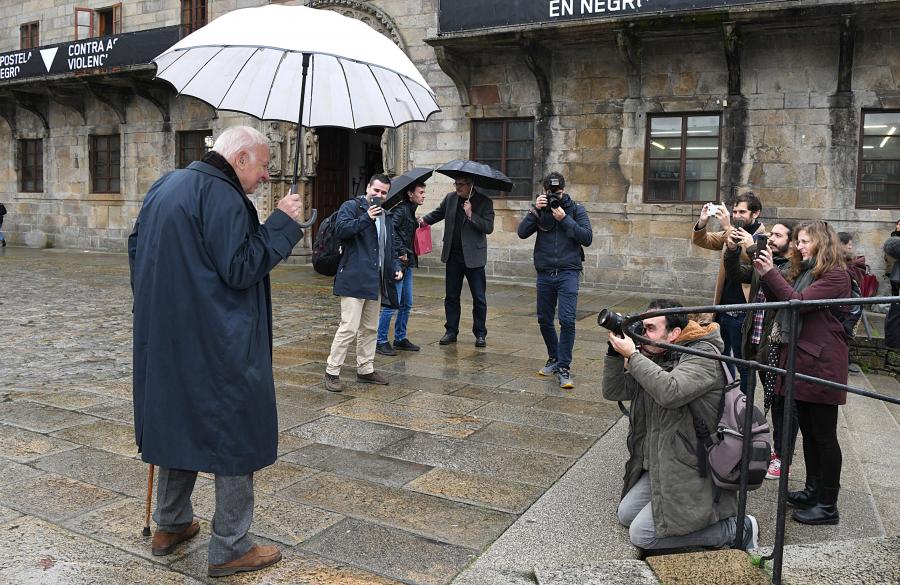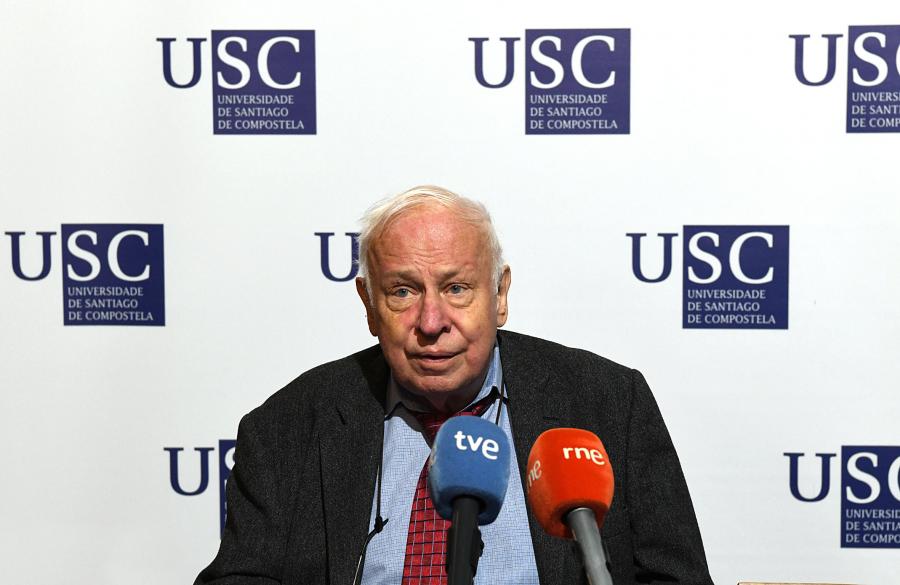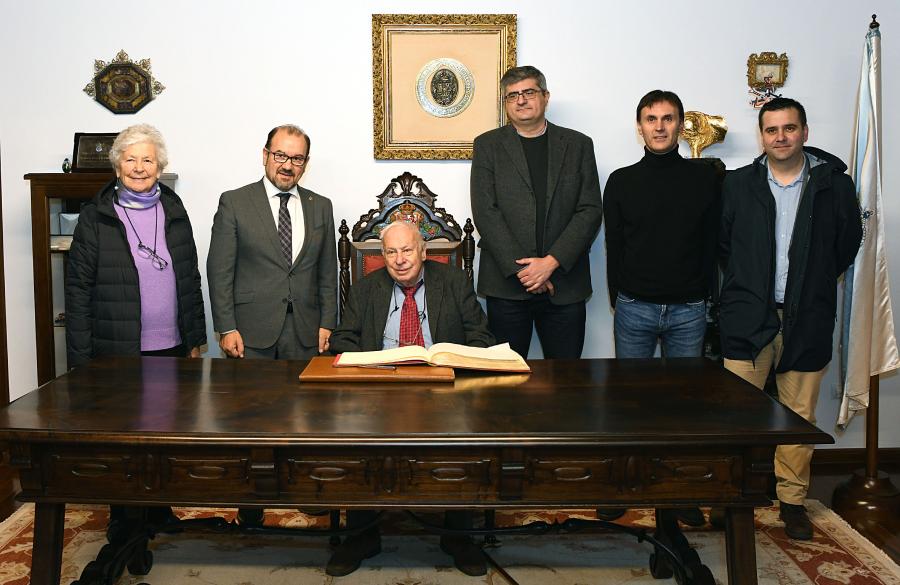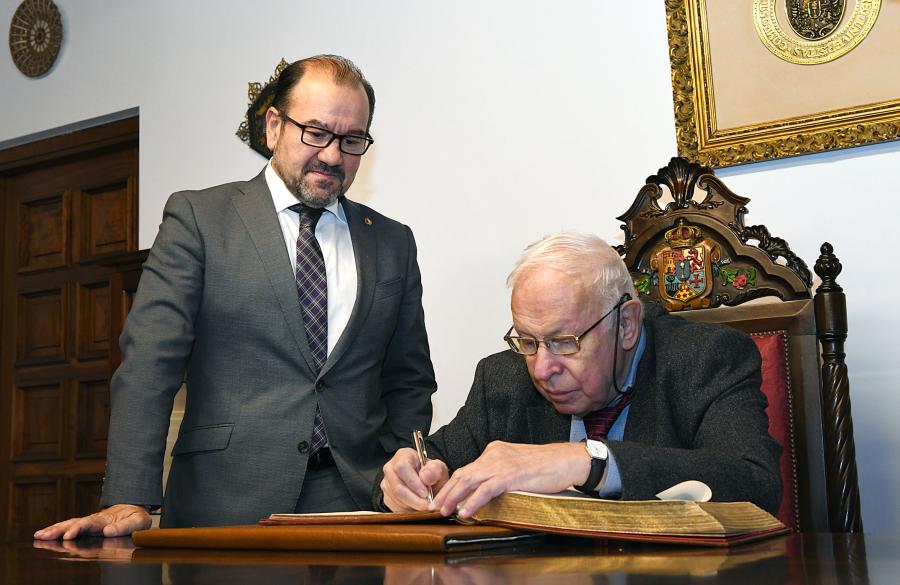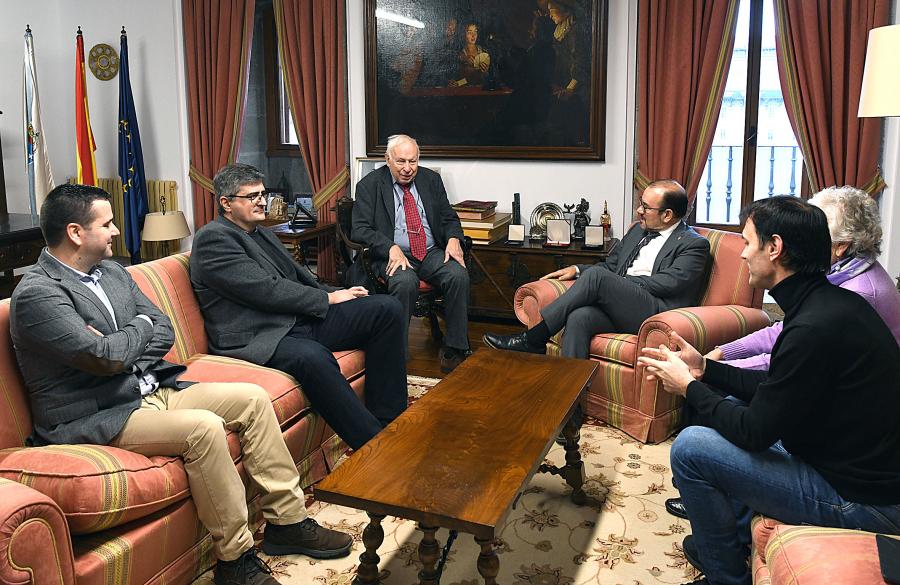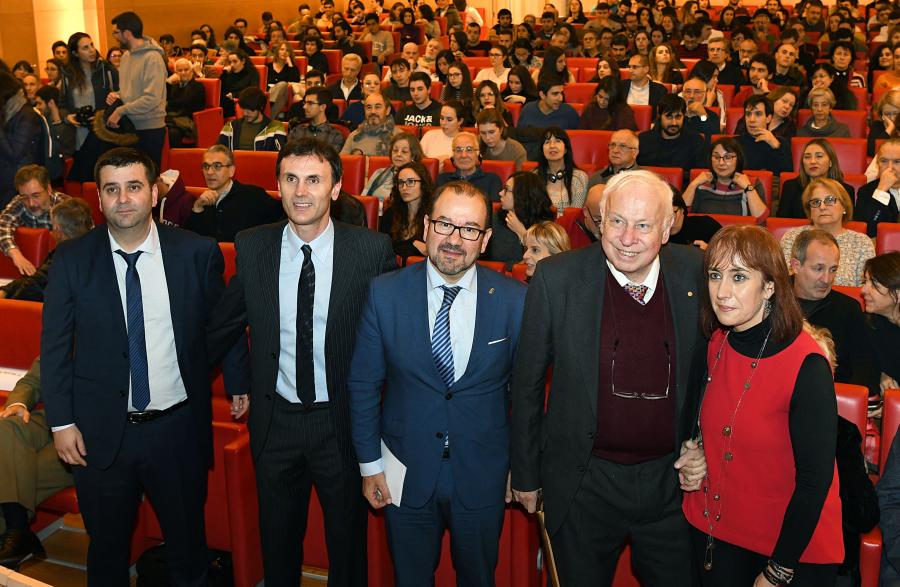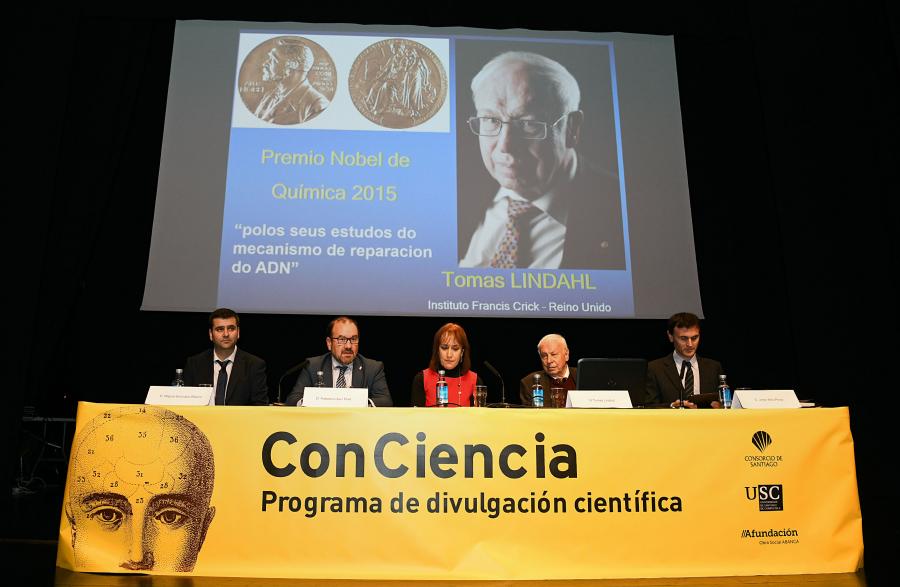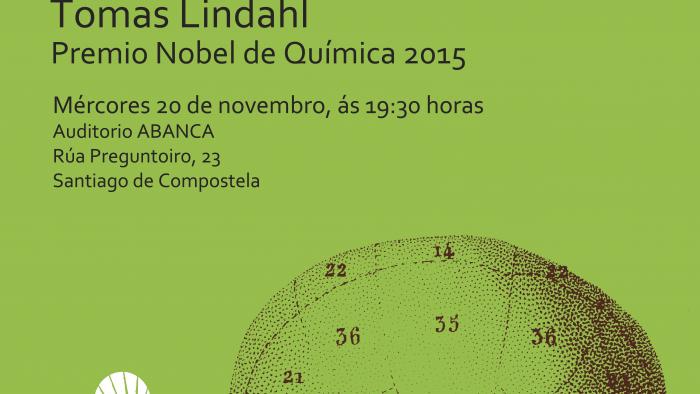
Nobel Prize “for mechanistic studies of DNA repair”.
Born in Stockholm, Sweden, in 1938, Tomas Lindahl studied medicine at Karolinska Institute, where he also developed a passion for biochemistry that led to his doctorate in 1967. During his postdoctoral research stays at Princeton University in New Jersey and Rockefeller University in New York, he realized that transfer RNA, a small nucleic acid employed during protein synthesis could spontaneously degrade when heated. This observation would mark his future research interests, as he wondered if DNA, the nucleic acid that encodes our genetic information would also suffer from such decay. After returning to Sweden as a professor in medical and physiological chemistry at the University of Gothenburg, Lindahl´s pioneering work established that DNA is an intrinsically unstable molecule, leading to his hypothesis that cells must be endowed with efficient repair systems that ensure the maintenance of genome stability. In the following years, his laboratory identified numerous DNA repair enzymes, allowing the definition and reconstruction of the universal base excision repair mechanism. Lindahl´s efforts opened a whole new research field, which profound implications in our ways understanding of basic molecular biology itself and development of genetic diseases, as well as in the development of new cancer treatments.
In addition to his research accomplishments, Tomas Lindahl must also be credited for the inception and establishment of Clare Hall laboratories, being the first director from 1986 to 2005. Under his leadership, this research outpost in North London became one of the world-wide flagships on the three Rs of DNA metabolism - Repair, Recombination, and Replication.
Currently, Tomas Lindahl continues as an Emeritus Scientist at the Francis Crick Institute, London. Besides the Nobel prize, Lindahl has received a number of important accolades, including the Royal Society´s Royal Medal (2007), the INSERM Prix Etranger (2009) and the Copley Medal from the Royal Society (2010), the oldest surviving scientific award in the world.

